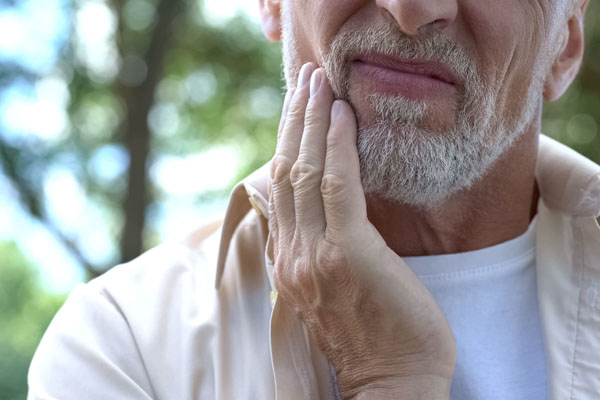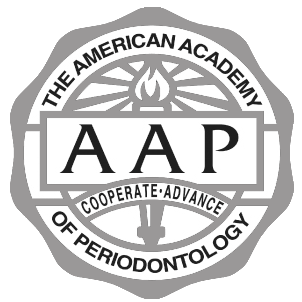 Anyone who wears dentures will need denture adjustments or repair at some point. Refitting dentures makes them more comfortable and less likely to cause pain. The process serves to restore the original fit of a set of dentures or modify them in line with changes in the patient’s mouth.
Anyone who wears dentures will need denture adjustments or repair at some point. Refitting dentures makes them more comfortable and less likely to cause pain. The process serves to restore the original fit of a set of dentures or modify them in line with changes in the patient’s mouth.
Denture adjustments also improve function concerning speech and eating, which goes a long way toward keeping dentures comfortable. Read on to learn about the different ways that dentists can improve the fit of a set of dentures.
How to know if denture adjustments are necessary
First-time users of dentures need to adapt to wearing the prosthetics in their mouths. They may experience a little soreness in the gums and soft tissues, which should disappear in a few days. The person will also have to relearn biting, chewing, and aspects of their speech. Dentures that fit perfectly will present few "teething pains" in these regards.
However, a poor fit, wear, or damage could cause dentures to become uncomfortable or outright painful. The pain may come with additional symptoms like:
- Sores and cuts that cause bleeding.
- Soft tissue discoloration.
- Salivation.
- Changes in speech and difficulty in chewing.
- Chips or cracks to the dentures.
- A change in the structure of the face.
Drooling, speech difficulties, and challenges with chewing should only happen with first-time wearers of dentures. Even then, a week or two should be enough for these issues to resolve. When these problems happen with older dentures, denture maintenance is usually the best solution.
How dentists make dentures comfortable and pain-free
Dentures are custom prosthetics that hug the ridges and dips in an individual’s gums. They match the exact curvature and shape of the person’s dental arch, making them functional. Still, dentists can make slight adjustments to a new set of dentures to eliminate discomfort for new users. For older dentures, a dentist will oversee one of the following processes.
1. Relining modifies dentures to accommodate changes in the shape of the gums
Relining adds material to the base (artificial gums) of a set of dentures. The extra material will reshape a loose base or match the inside of the dentures to the gum contours. An improvement in the fit of the dentures is a sure way to deal with the soreness that happens when dentures irritate the gums.
2. Rebasing replaces the artificial gums in dentures
Relining will not fix more significant problems, and that is where rebasing comes in. Rebasing involves taking teeth from the old dentures and attaching them to a new base. A dentist will create a new base for the patient by taking an impression of their mouth. The mold captures the new shape and alignment of the patient’s dental arch.
In the end, the person goes home with dentures that feel as good as new. Changing the base gets rid of cracks, rough patches, and a bad fit. These improvements remove most causes of pain and discomfort for wearers of dentures.
The right set of dentures can improve your life
A good set of dentures improves your smile, speech, and ability to eat your favorite foods. The dentures should add to your quality of life without downsides. Our practice offers denture adjustments and repairs to help you make the most out of your artificial teeth. Reach us by phone or on this website to talk to our staff and book an appointment.
Request an appointment or call Assembly Dental at 857-300-5779 for an appointment in our Somerville office.
Related Posts
Periodic denture adjustments make life with dentures more comfortable. Regular maintenance of your dentures means making sure that they fit well, which enables you to eat, speak, and smile with ease. But living with dentures does not always live up to expectations. For starters, there is an adjustment period for first-time wearers of dentures. As…
Denture rebasing is a rather complex process. This review provides a detailed yet simple overview of the denture rebasing process, which involves removing the existing acrylic base for your dentures and replacing it with a new and improved acrylic base that is much stronger and more reliable.The denture rebasing process involves making an impression to…
Simple denture repairs offer a way to restore the overall condition of your dentures after they are worn down, damaged, or outdated. This helps prevent the need for denture replacement, which can save you money and time and allow you to keep the dentures that you have grown accustomed to.Simple denture repairs explained by a…






